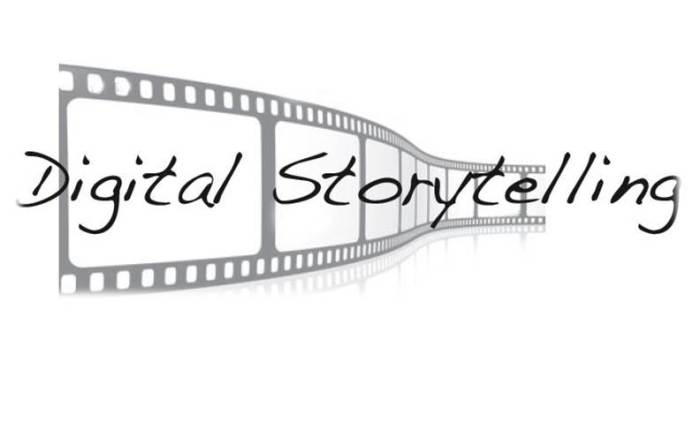Creating a digital story project was changeling but also an awarding experience within this subject of BCM240, media, audience and place. The process of choosing a topic was long and tedious; though I knew I wanted to make sure that in order to meet all the essential criteria, I was choosing the right topic, and platforms available. Growing up in a generation so reliant on technology, particularly smart phones have always caught my interest. This modern technology has given us endless access to multiple platforms and various new skills. Everywhere you go, whether that be waiting on the bus or queuing in a line at a café and even in a classroom, people are addicted to the idea of using their smart phone. This has always caught my attention, particularly with the concern on what these smart phones may be doing to our society and within us. This led me choosing the subject FOMO, also known as, the fear of missing out. Framing my research question around the subject, Is FOMO Fueling your social media addiction?
Methodology:
I chose to conduct my research by interviewing one person, in order to gain knowledge and insight in how a person can be affected by FOMO in their daily lives. The main objective of this project was to create a common connection between the interviewee and the viewer, particularly when watching the video through the chosen platform of iMovie. I found this method to be suitable for this topic, considering it is based on the idea of modern technology. The main objective of using this method was to make sure the viewer could understand the content of the video by including relevant sources.
Learning development /Challenges:
Through this assessment it become clear to me of Torsten Hagerstrand theory of restriction. Particularly when I found myself thinking, can I finish this project in time? , Can my interviewee make it on this day? , Will I have enough time to learn a new media platform with approaching deadlines? These were all concerns and challenges that surfaced within this project. Having an influence in the way in which I chose to conduct my digital story , making decisions in order to meet the project deadline.
During this assignment I have learnt a great deal about the platform iMovie in order to create a video, to be featured on my WordPress site. I knew I would have to challenge myself, in order to use the right platform for this project, one that would benefit my digital story. It is for that reason why I chose to challenge myself to gain new skills through IMovie. Allowing my project to be easily sharable and easy to access for followers found on my blog and for my interviewee to gain access to the final project, creating a sense of connectivity. This was illustrated through positive feedback and encouragement from my teachers and fellow class members. Using this platform has led me to discover that I have a key interest in filming, making this a platform in which I will choose to pursue in the future, as I find this process enjoyable.
However, I learnt when creating a digital project it’s a good idea to create a time schedule; this allowed me not to rush my project , having more time to learn the essential skills of IMovie and video making, this was proven to be difficult and long process. This showed my weakness of video editing, however this weakness enabled myself to establish problem-solving skills. If I was allowed more time and we weren’t restricted by a word count or time frame, I would like to peruse this project in the future with the notion of using more then one person for the interview. This would be interesting to see the different opinions on the matter of FOMO and social media, gaining different perspective on the topic, making it useful for future practices.
Usefulness to media industries:
Ethnography research is relevant to media studies and media industries. As stated by Ganti (2014) ethnography isn’t just about interviewing people, it’s about paying attention to the everyday life, to make an observation (Ganti, 2014). Its important to conduct an ethnographic approach to media production, it enables you to understand your audience and their culture making this an important and useful factor in media industries, a technique I ensured to use in my project. Focusing on the youth culture and how they viewed and watch content on social media. As Ganti (2014) illustrates, “Ethnography grounds the study of media in a specific time and space and offers insights into the process, possibilities, and constraints of media production”
What I took away from completing this project:
The two most significant things that I took away from this project is understanding the importance of conducting relevant research and time management for a project this size. Researching and establishing questions before the interview, made the process of creating a story line easy to develop, which in return made the interviewee feel more relaxed. This enabled the film process to go smoother and quicker, which in return respects their time and wellbeing. Overall this project and subject, has taught me about the importance of media, audience and place, while also giving me the confidence to go and learn new skills that may be required within this degree or for future jobs in this field.
*Briefly I would like to thank my interviewee Ashleigh, who took some time out of her busy days in order for me to film and interview her for this project-Thank you *
References:
Ganti, T 2014, ‘The value of Ethnography’, Media industries journal, vol.1 no. 1, viewed 26th October 2016, <http://www.mediaindustriesjournal.org/index.php/mij/article/view/21>.
